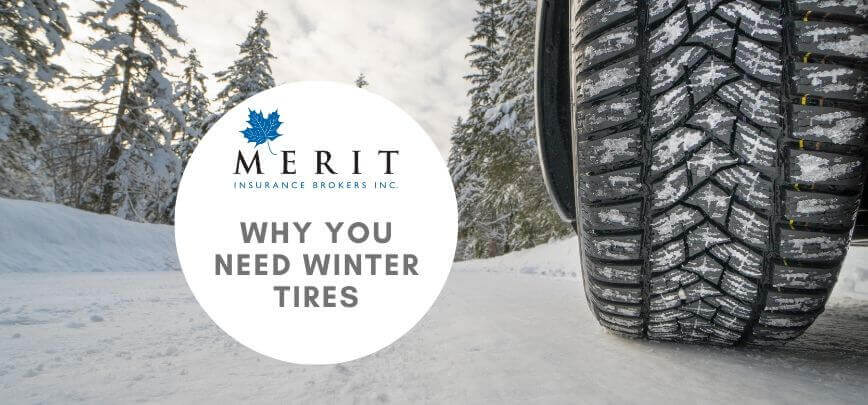
3 Top Questions about Winter Tires
The Fall season is upon us, which means snow season is close behind. It is the time of year the authorities and the media will start reminding us to install winter tires on our vehicles ahead of the first snowfall. In response, thousands of Canadians will ask themselves: “Do I really need winter tires?” We’ve gathered some information to help answer that question and a few other top questions about winter tires. Read on and be safe!
1. I have all-season tires. Isn’t that good enough?
Sure, winter is a season, but all-season tires aren’t designed for the cold. You’ve probably heard this before: Once the temperature outside drops below 7 C, the rubber on all-season tires starts to get hard, similar to a hockey puck. So, as it gets colder, they lose their grip on pavement and ice. That means they slide, lose control in turns, and take longer to stop.
-
- Winter tires help reduce braking distance on cold, wet, ice, and snow-covered roads by up to 25%.
But winter tires are made of a softer rubber compound, with more silica, that keeps its grip to minus 40 C. They stick better to cold roads. Drive a car on an icy road with all-seasons and then drive that same car with winter tires. It’s like walking across an icy parking lot in winter hiking boots instead of dress shoes.
2. Do Winter Tires Prevent Accidents?
Studies have suggested that winter tires reduce the chances of motorists being involved in a fatal accident.
-
- When installed in sets of four, winter tires maximize vehicle handling, stability, and braking.
Vehicles installed with crash-avoidance technologies such as electronic stability control depend on tire adhesion to function. Winter tires are becoming increasingly important rather than less important as vehicle technology matures.
In Canada, during the winter period from December to February, there is a reported 49-per-cent increase in insurance claims. Much of this elevated risk is attributable to slippery road conditions in winter. Winter tires reduce crash frequency during the winter months.
3. But Do I Actually Need Them?
If you live anywhere with icy roads and lots of snow – that’s nearly all of the country – winter tires are a safe bet, even if you have all-wheel drive.
So you’ll need an extra full set of winter tires – Transport Canada recommends the same types of tires on all four wheels. And, to make it easier to switch to winter tires every year, consider an extra set of rims. Remember, in Ontario, insurance companies are required to give you a discount on your auto insurance if you have winter tires installed on your vehicle.
But winter tires aren’t magic – you still have to drive for the conditions. That means going slower and leaving plenty of room between you and the car in front.
Start Saving with Merit Today!
If you install winter tires on your vehicle, you may qualify for a discount on your auto insurance. Call your Merit broker for a quote today at 1-800-563-3383.
We’ll customize an auto insurance policy to protect you and your vehicle, with affordable rates and deductible options to match your needs.
To add a little extra Merit Difference, LIKE us on Facebook, Twitter and Instagram.



